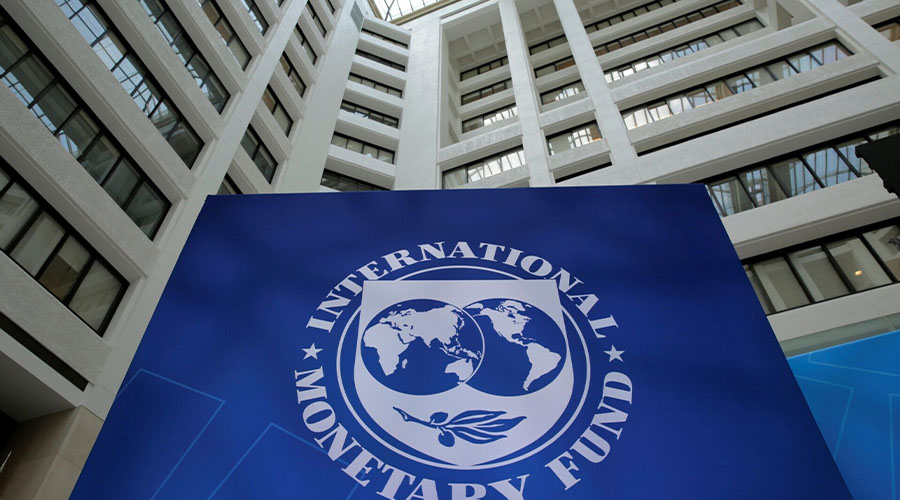According to a report issued by the IMF under the title of Policy Tracker: Economic responses to COVID-19 by 196 countries, Pakistan responded well to the attack of Covid-19 that started on February 26, 2020.
The federal and provincial governments both implemented effective policies to combat the virus. The steps of quarantining, border closure, international and domestic travel restrictions, closure of educational institutions, banning of public events, social distancing and lockdowns, and smart lockdowns were taken in time.
Read more: IMF predicts 1pc GDP growth, warns stagflation in Pakistan
The virus cases were 6000 by mid-June. To keep the economy moving, a relief package worth Rs 1.2 trillion was announced by the federal government on March, 24 which has been implemented.
The package includes the elimination of import duties on emergency health equipment, cash transfer to 6.2 million daily wage workers, cash transfer to 12 million low-income families, accelerated tax refund to exporters, support to SME and agriculture sector, bank lending and subsidies, and tax incentives.
Provincial governments also implemented supportive measures like cash grants to low-income people, tax relief, and additional health spending including a salary increase of healthcare workers.
According to IMF, the state bank of Pakistan also took some effective measures to counter Covid-induced hiatus like reducing the capital conservation buffer by 100 basis points to 1.5%, increasing the regulatory limit on the extension of credit to SME by 44% to Rs 180 million, reducing the debt ratio for consumers loans from 50% to 60%, allowing banks to defer clients payment, relaxing regulatory criteria for restructured loans for borrowers who acquire relief beyond the extension of principal repayment for one year and suspending bank dividend for the first two quarters of 2020.
In July, the attack of coronavirus started mitigating. The federal government and provincial governments started to gradually ease the lockdown. By the end of summer, the educational institutions, recreational places, restaurants, shopping malls, and retail outlets were allowed to reopen. From Mid-November, the second wave of the Covid-19 again attacked.
The measure like lockdown, ban on public meetings and rallies, closure of educational institutions, and cinema, theaters, and wedding halls were again taken. The report says, as a result of the COVID-19 shock, the economic activity worsened notably with growth preliminarily estimated at -0.4% in FY 2020, however, a gradual recovery is expected in FY 2021.





















